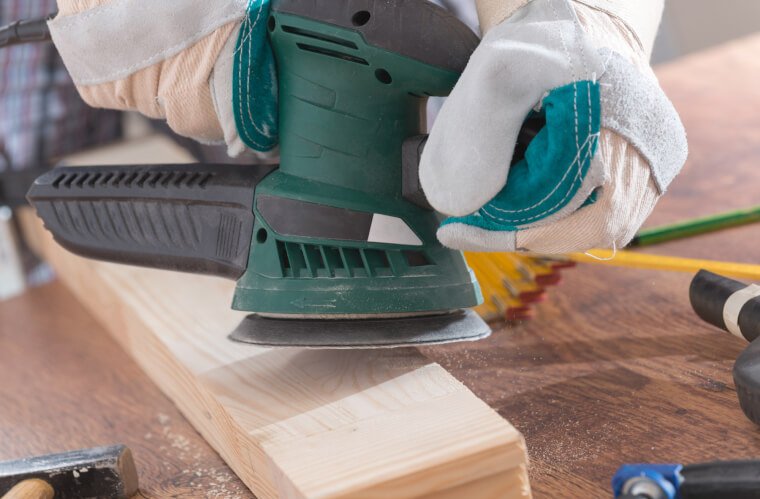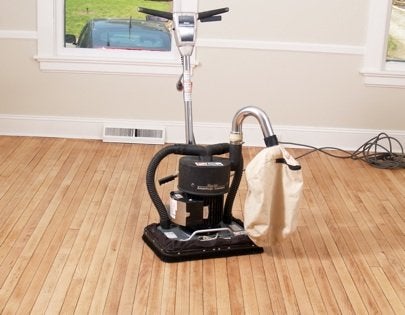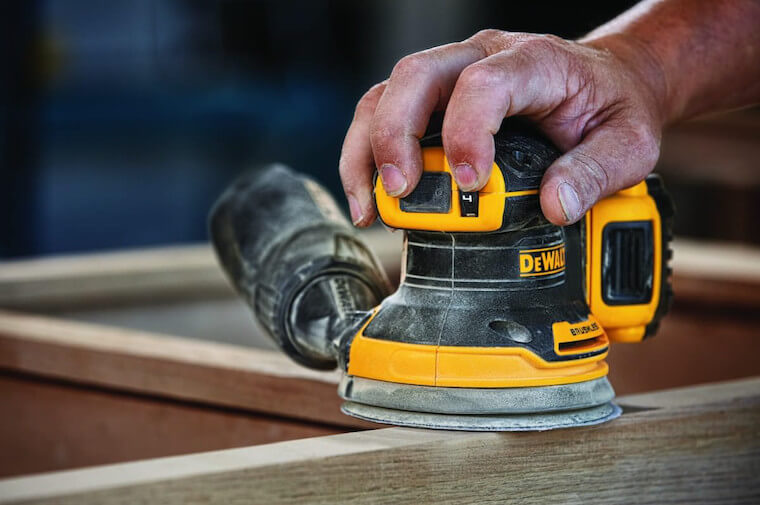Orbital Deck And Floor Sander Vs Random Orbital Sander

An orbital sander is a handheld sanding tool with a rectangular or square sanding pad that moves back and forth at a high speed in order to remove a small amount of material.
Orbital deck and floor sander vs random orbital sander. The idea of using a handheld orbital sander to sand a floor is so laughable that i am a little confused by the persons who are dissing this post. The telltale square foot of the orbital sander allows it to get in corners and up against edges. If you do choose to use a large commercial sander you ll only be able to use it on the deck floor. Orbital sander if the operator is an amateur then the orbital sander is a safer alternative due to its gentle operation.
Our preference is the orbital sander because it s so much easier to control when compared to a drum sander. The random orbital floor sander is easier to work with but doesn t do as quick a job as a drum sander. Random orbital sanders are easy to use and are effective for this task. You ll still need a smaller tool for railings benches and planters.
Clearing the room for th. So we are talking an order of magnitude difference in. The drive plate oscillates in a random fashion resulting in a slower but less risky sanding experience. Because orbital sanding is random in its sanding pattern the.
Sandpaper changing is a snap. This is because the abrasive sandpaper motion travels in an irregular pattern instead of a consistent line or circle. Orbital sander vs random orbital sander well they are 2 different tools made for different applications. The difference in power between a drum sander and a random orbital sander is astronomical.
The orbital sander is the older simpler and less expensive of these two tools. What are the drawbacks of an orbital sander. The orbital sander is just that orbital in nature says albrecht. A random orbital sander is a specialized tool that sands wood in an elliptical pattern and it s the most efficient sander to use when refinishing a deck.
While it is random the pattern created using 100 grit paper clearly shows that extra care is still needed when sanding across the grain. For one thing most random orbitals are around 250 watts whereas standard single phase floor sanders can get up to 3900 whats. I am guessing in those cases it is simply a preference thing. I have talked with a few people who have recommended only using a orbital floor sander and they genuinely do like the finish.



















